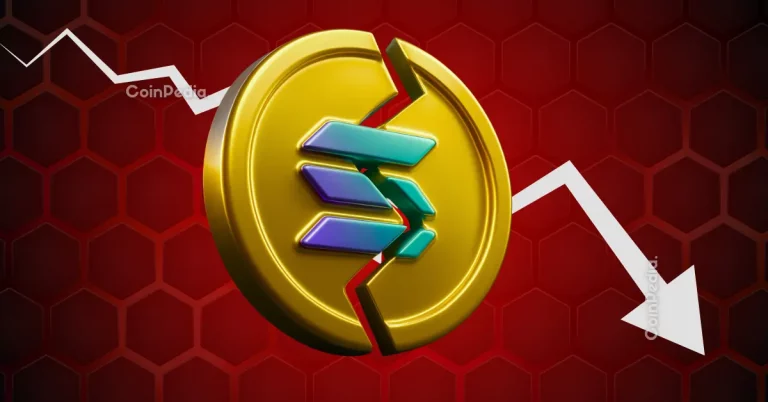
Navigating the Future: Emerging Trends in Fintech Technology
Fintech, or financial technology, is an industry that has been rapidly evolving over the past few years. With the rise of digital payments, mobile banking, and online lending, fintech has become an integral part of our daily lives. As we move forward, it’s essential to stay ahead of the curve and navigate the emerging trends in fintech technology. Fintech is revolutionizing the way we think about finance, and it’s crucial to understand the latest developments in this field.
Section 1: Introduction to Fintech

Fintech is a broad term that encompasses a wide range of financial services and products. It includes everything from mobile payments and digital wallets to online lending and investment platforms. The goal of fintech is to make financial services more accessible, convenient, and affordable for consumers and businesses alike.
The fintech industry has experienced rapid growth in recent years, with investments pouring in from venture capitalists, private equity firms, and other investors. This growth has led to the emergence of new technologies, business models, and innovations that are transforming the financial landscape.
Section 2: Emerging Trends in Fintech

So, what are the emerging trends in fintech that we should be aware of? Some of the key trends include:
- Artificial Intelligence (AI): AI is being used to improve customer service, detect fraud, and personalize financial recommendations.
- Blockchain: Blockchain technology is being used to create secure, decentralized, and transparent financial systems.
- Cloud Computing: Cloud computing is enabling fintech companies to scale quickly, reduce costs, and improve efficiency.
- Internet of Things (IoT): IoT is being used to create new financial services and products, such as mobile payments and digital wallets.
- Cybersecurity: Cybersecurity is becoming increasingly important as fintech companies handle sensitive financial data.
These trends are not only changing the way we think about finance but also creating new opportunities for businesses and consumers alike.
Section 3: Fintech Applications and Use Cases

Fintech has a wide range of applications and use cases, including:
- Mobile Payments: Mobile payments are becoming increasingly popular, with apps like Apple Pay, Google Pay, and Samsung Pay leading the way.
- Digital Lending: Digital lending platforms are making it easier for consumers and businesses to access credit and loans.
- Robo-Advisory: Robo-advisory platforms are using AI to provide personalized investment advice and portfolio management.
- Cryptocurrencies: Cryptocurrencies like Bitcoin and Ethereum are creating new opportunities for financial transactions and investments.
- Insurtech: Insurtech is using technology to create new insurance products and services, such as usage-based insurance and peer-to-peer insurance.
These applications and use cases are just a few examples of how fintech is transforming the financial industry.
Section 4: Challenges and Opportunities

While fintech has many benefits, it also poses some challenges and risks. Some of the key challenges include:
- Regulatory Compliance: Fintech companies must comply with regulatory requirements, which can be complex and time-consuming.
- Cybersecurity Risks: Fintech companies are vulnerable to cybersecurity risks, which can compromise sensitive financial data.
- Competitive Landscape: The fintech industry is highly competitive, with many new entrants and established players competing for market share.
Despite these challenges, fintech also presents many opportunities for businesses and consumers alike. Some of the key opportunities include:
- Increased Access to Financial Services: Fintech is making financial services more accessible to underserved populations and emerging markets.
- Improved Efficiency and Convenience: Fintech is improving the efficiency and convenience of financial transactions and services.
- New Business Models and Revenue Streams: Fintech is creating new business models and revenue streams for businesses and entrepreneurs.
In conclusion, navigating the future of fintech technology requires a deep understanding of the emerging trends, applications, and use cases. By staying ahead of the curve and leveraging the opportunities presented by fintech, businesses and consumers can unlock new value and create a more efficient, convenient, and accessible financial system.






